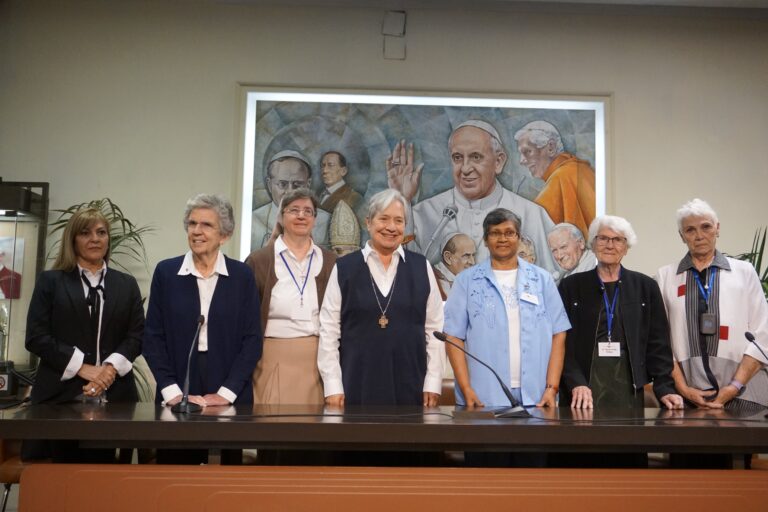The German theologian Thomas Soeding has called for changes to Catholic canon law to allow more laypeople to participate in internal Church decisions. The Synodal Path project for reforms within the Catholic Church in Germany has made it clear that there is a “gap in canon law” that needs to be filled in order to better integrate bishops into the people of God, Soeding said at an international theological congress in Rome on Thursday. Soeding was a vice president of the Synodal Path process, which ended in March.
Canon law does provide for regional Church assemblies – so-called plenary and provincial councils, he continued. “What this model lacks, however, is joint responsibility for planning the agenda, organising consultations and making decisions,” says the theologian, who teaches the New Testament at the Ruhr University in Bochum.
Soeding also addressed Vatican interventions against the Synodal Path, such as the letter from the cardinals Pietro Parolin, Marc Ouellet and Luis Ladaria. “Now is not the time to impose bans, but to seize opportunities,” he emphasised. The three cardinals wrote on January 16 that the Catholic Church in Germany did not have the authority to set up a joint governing body of laypeople and clergy. The letter had been expressly approved by Pope Francis.
The congress “Theology Responding to the Challenge of Synodality” is taking place until Saturday noon at the Pontifical Gregorian University in Rome. Among the speakers are other theologians from universities in the German-speaking area, including Margit Eckholt (Osnabrueck), Myriam Wijlens (Erfurt), Michael Seewald (Muenster) and Regina Polak (Vienna).
Originally reported by KNA Germany.



